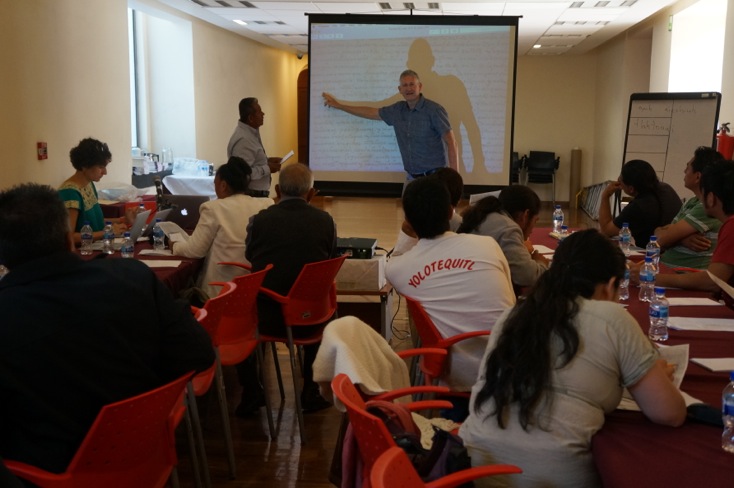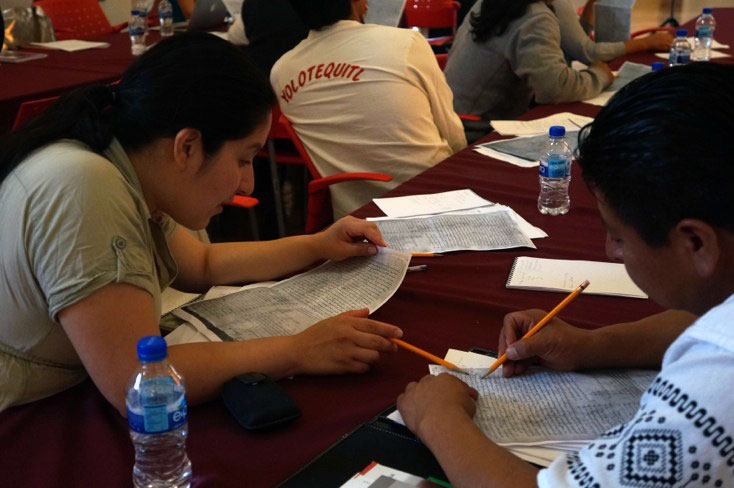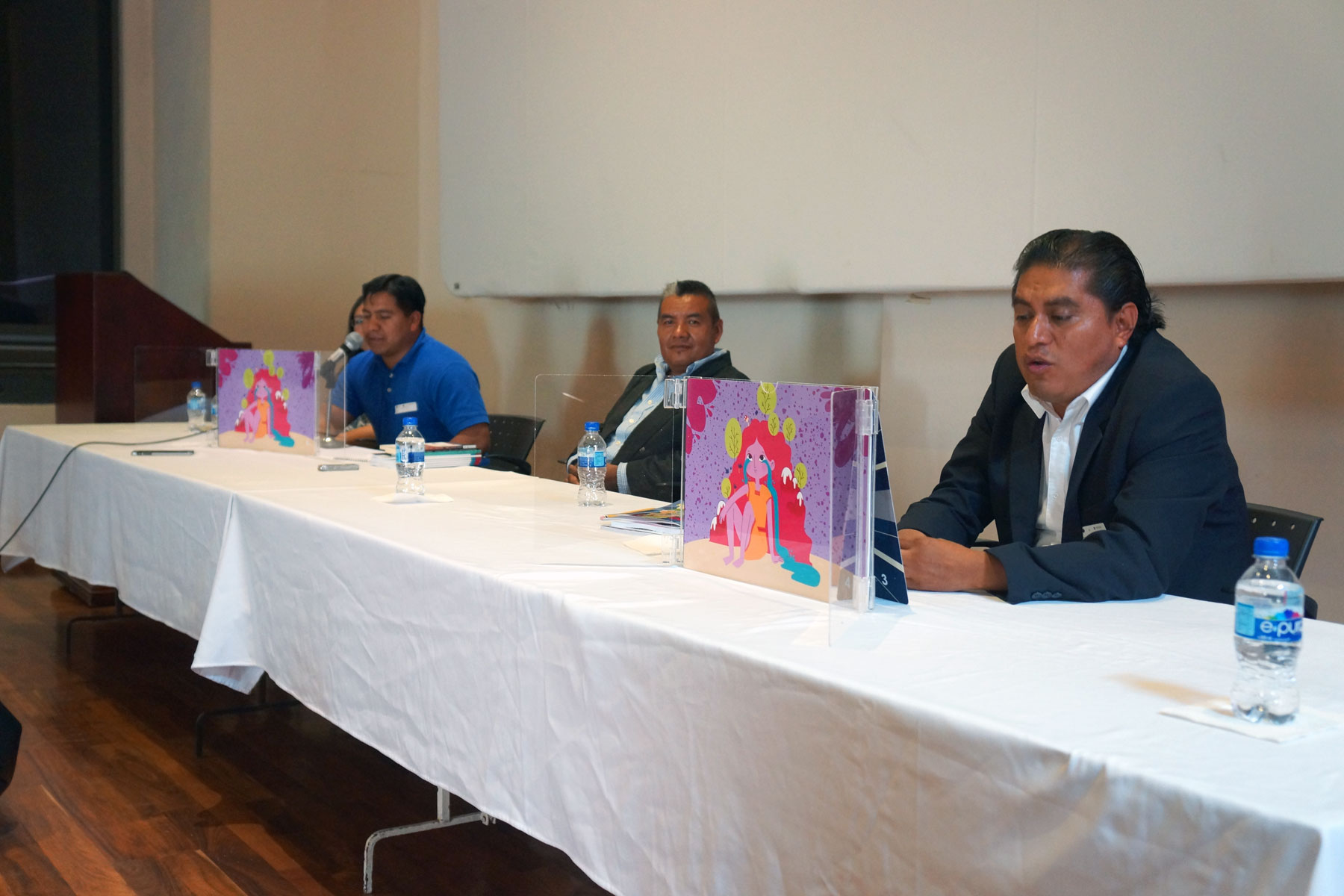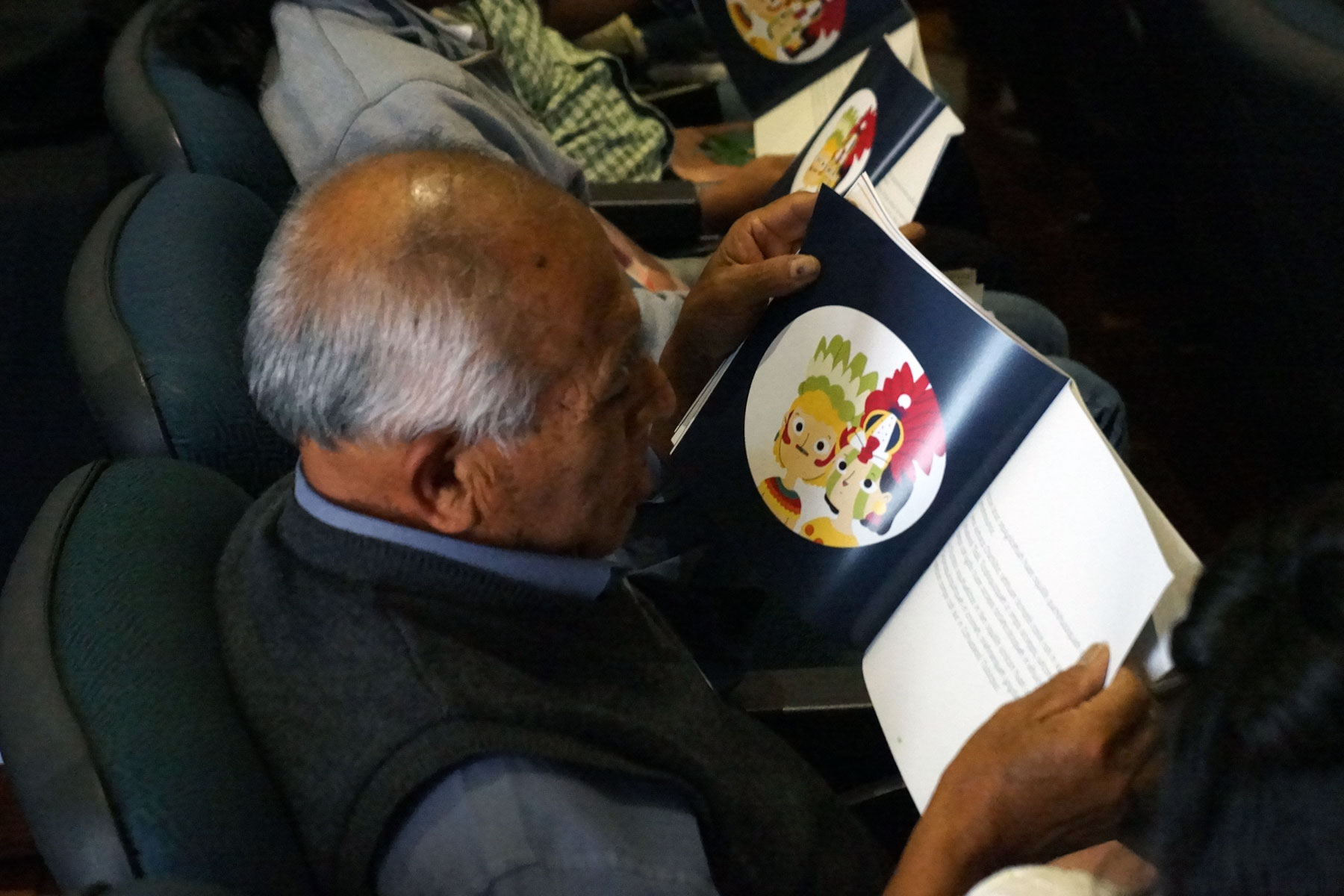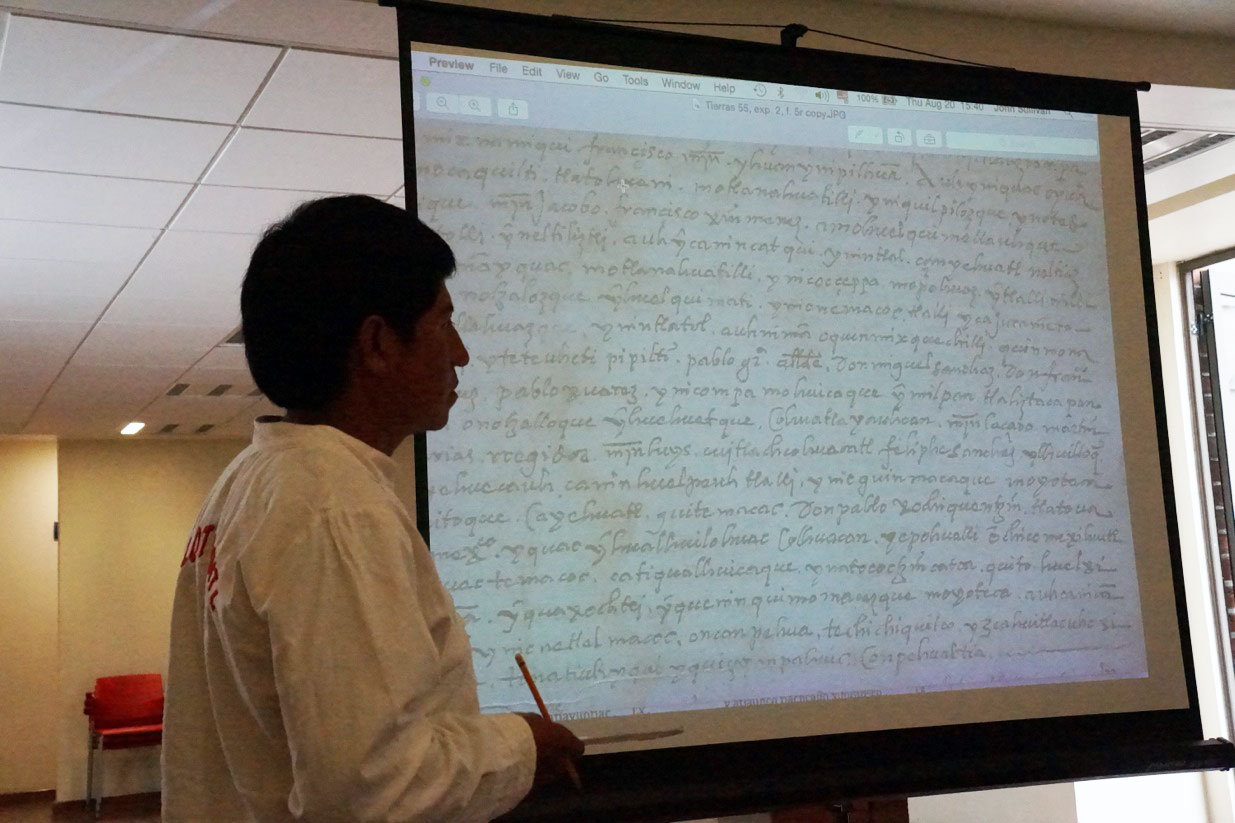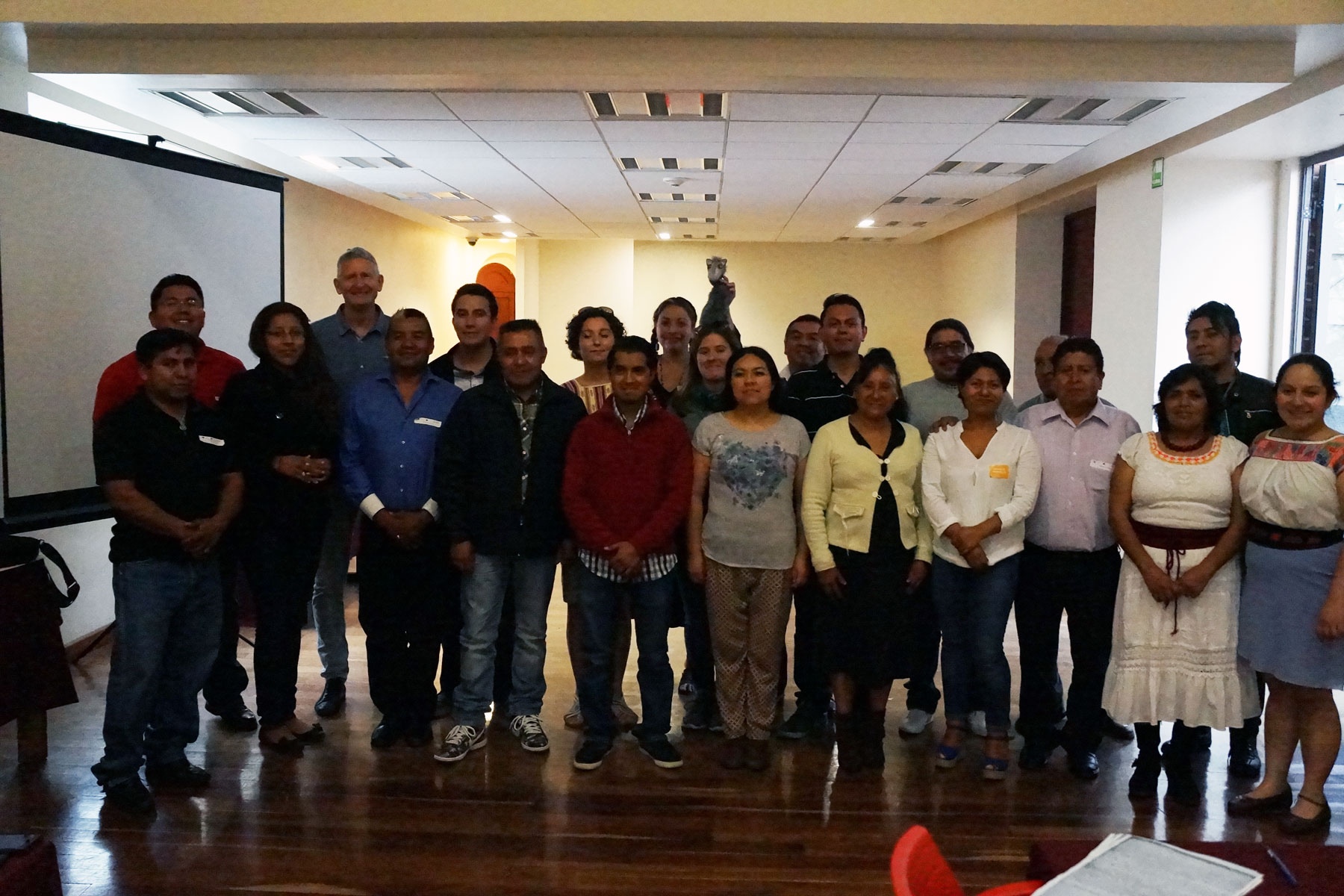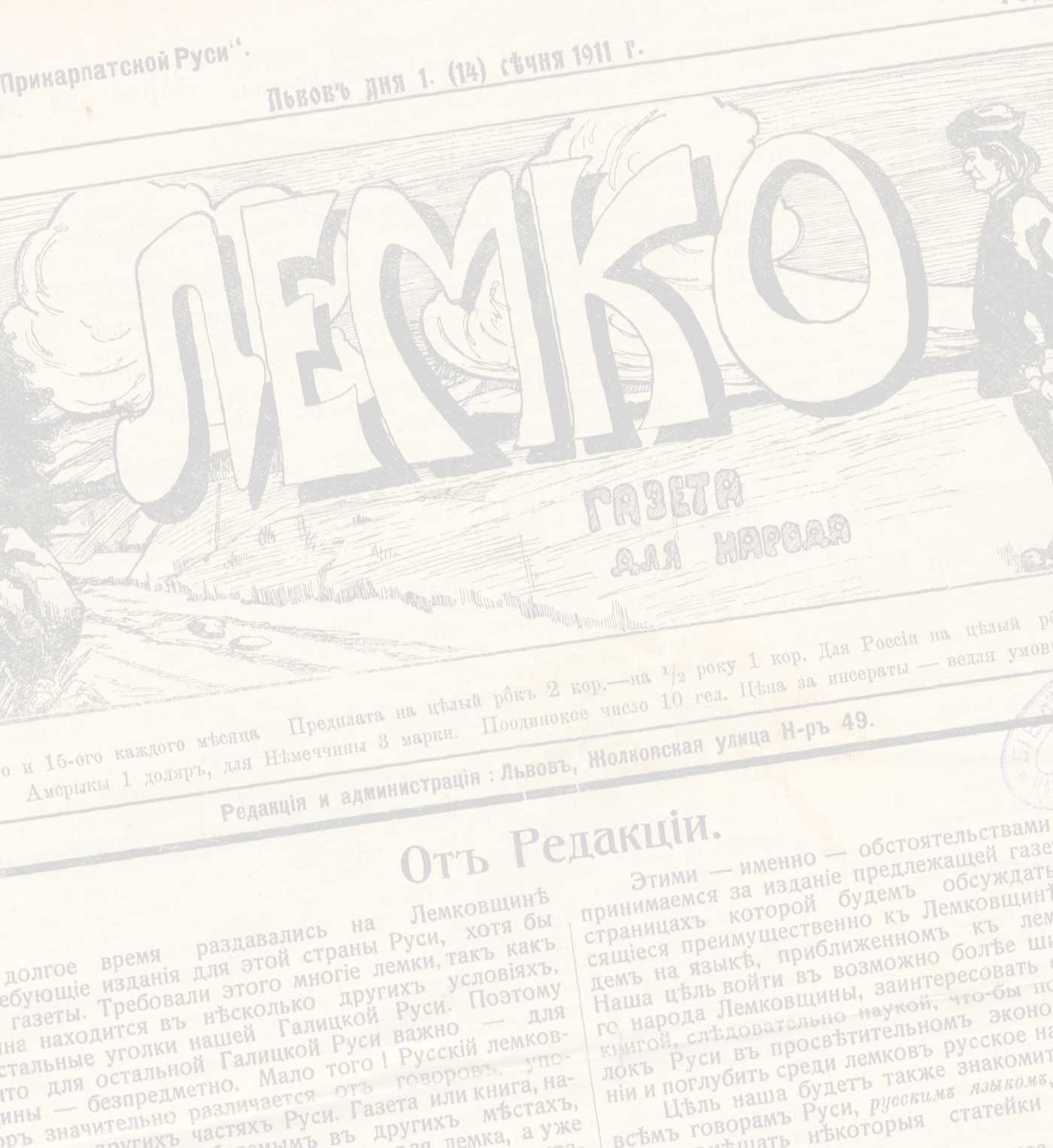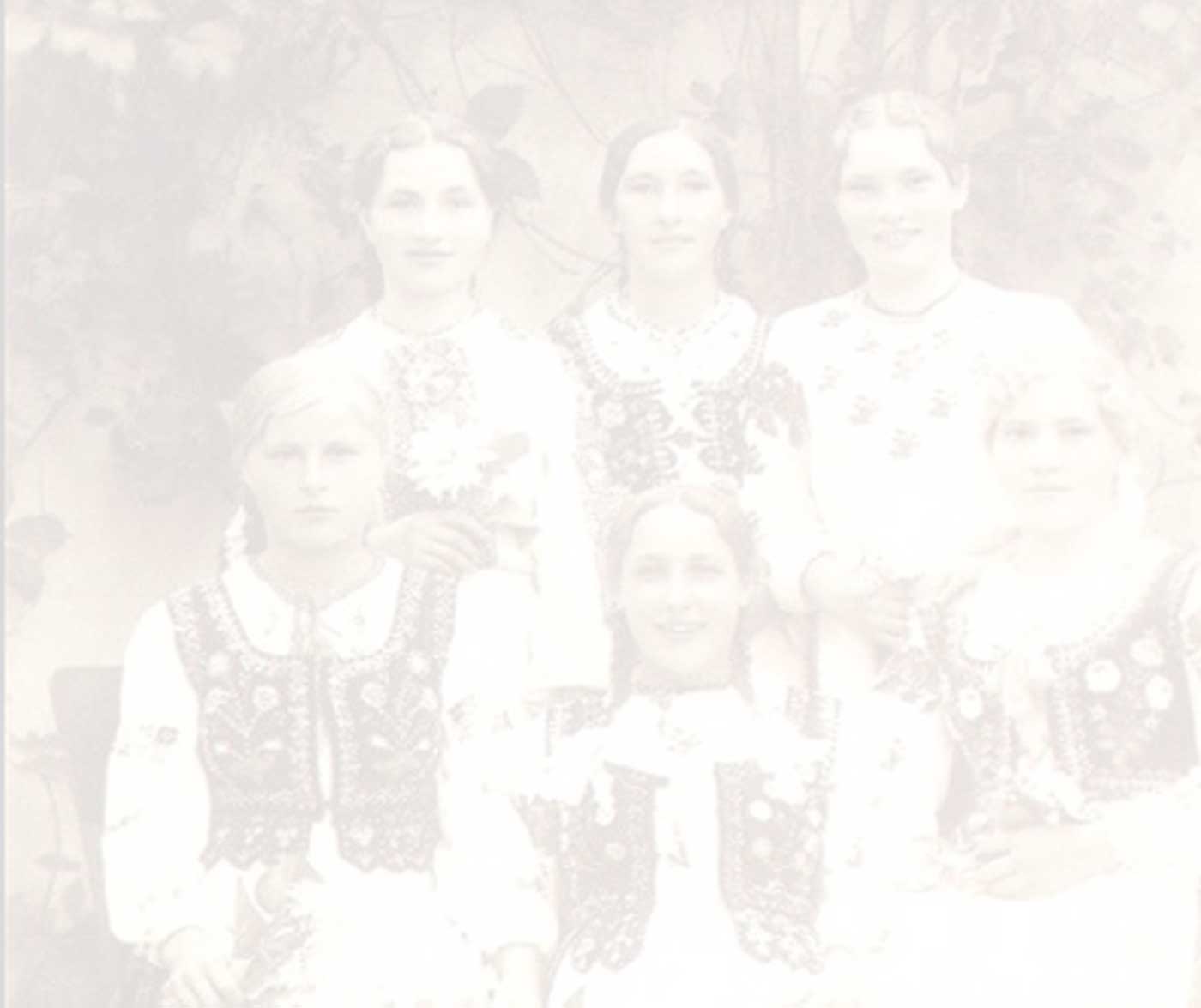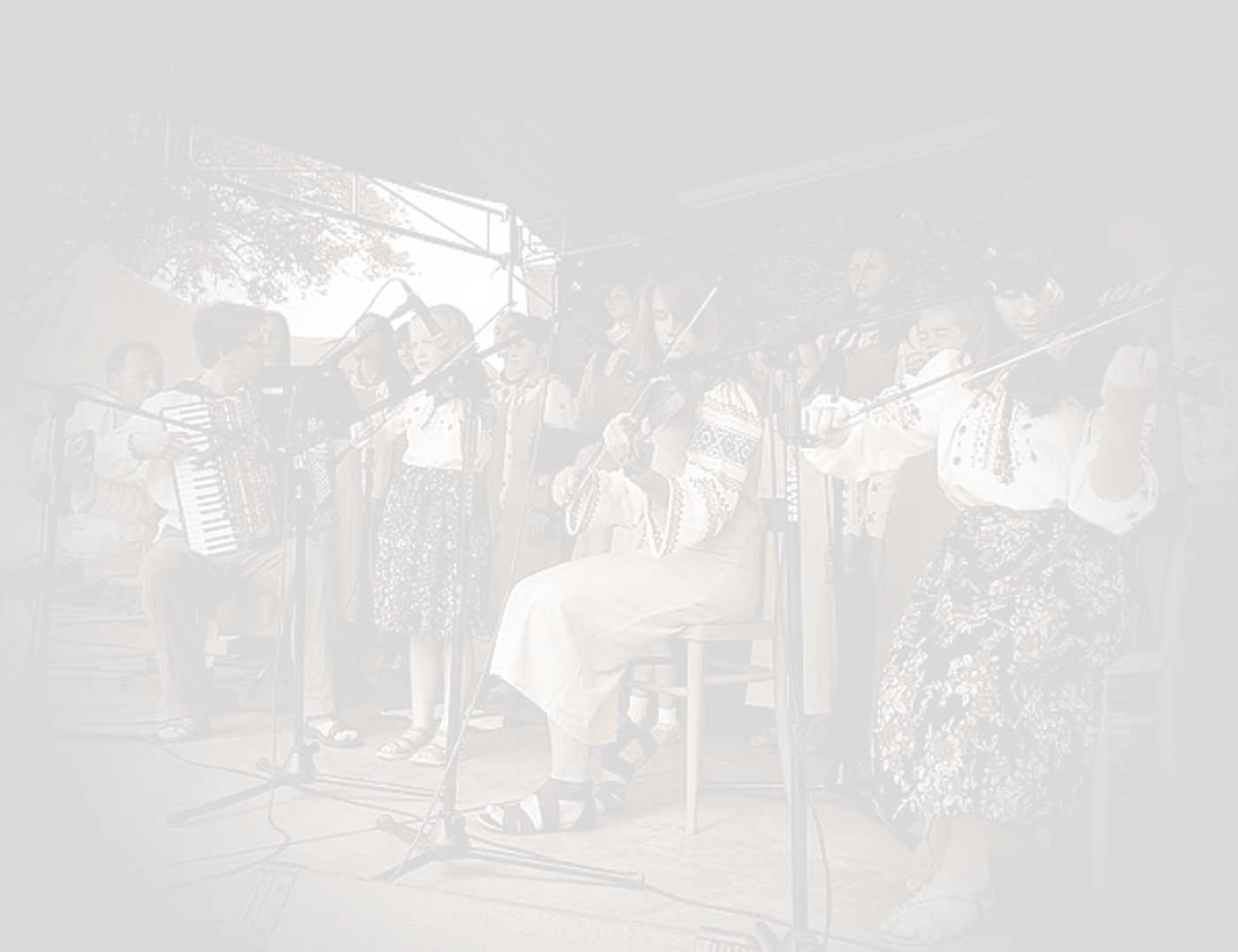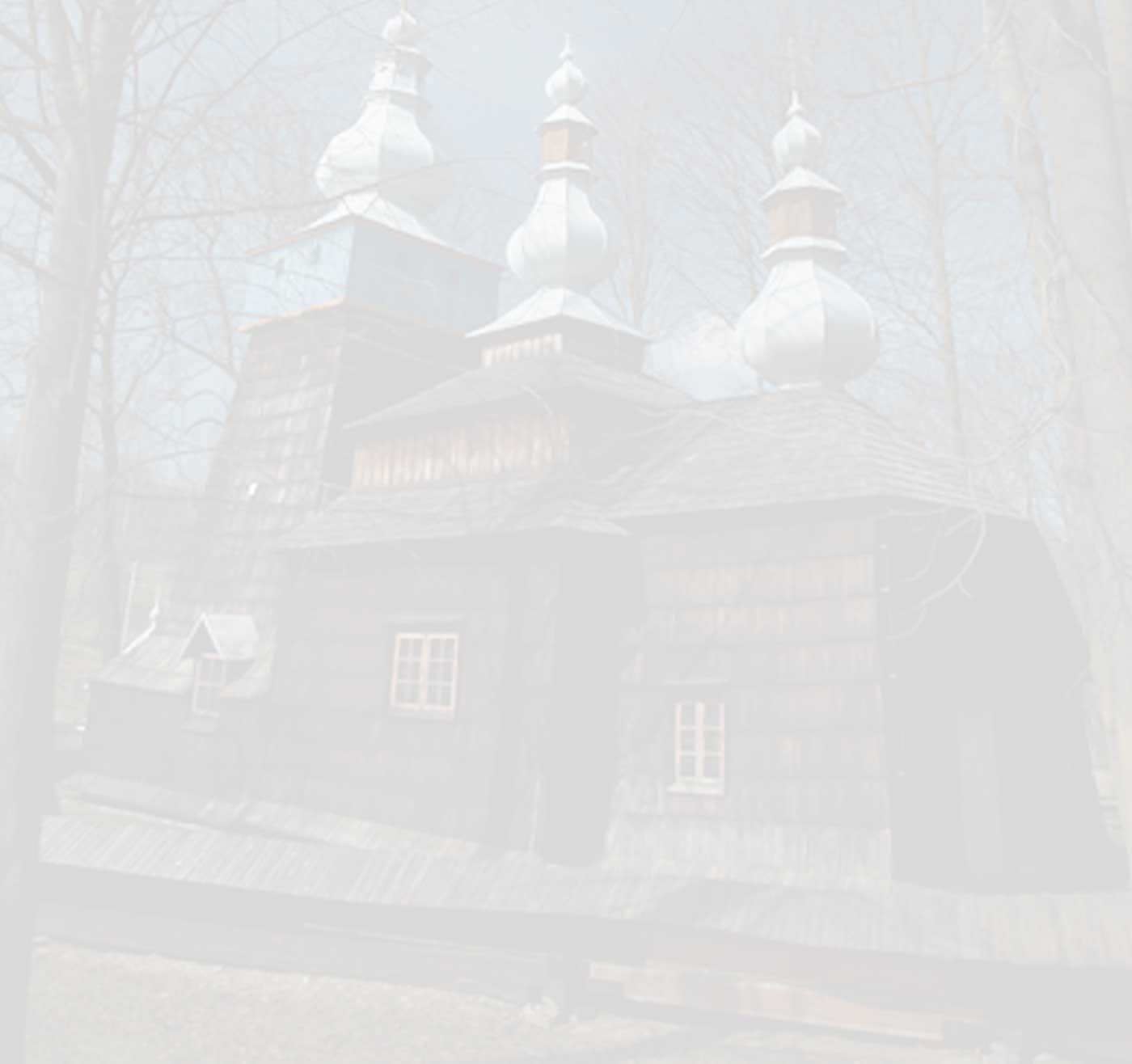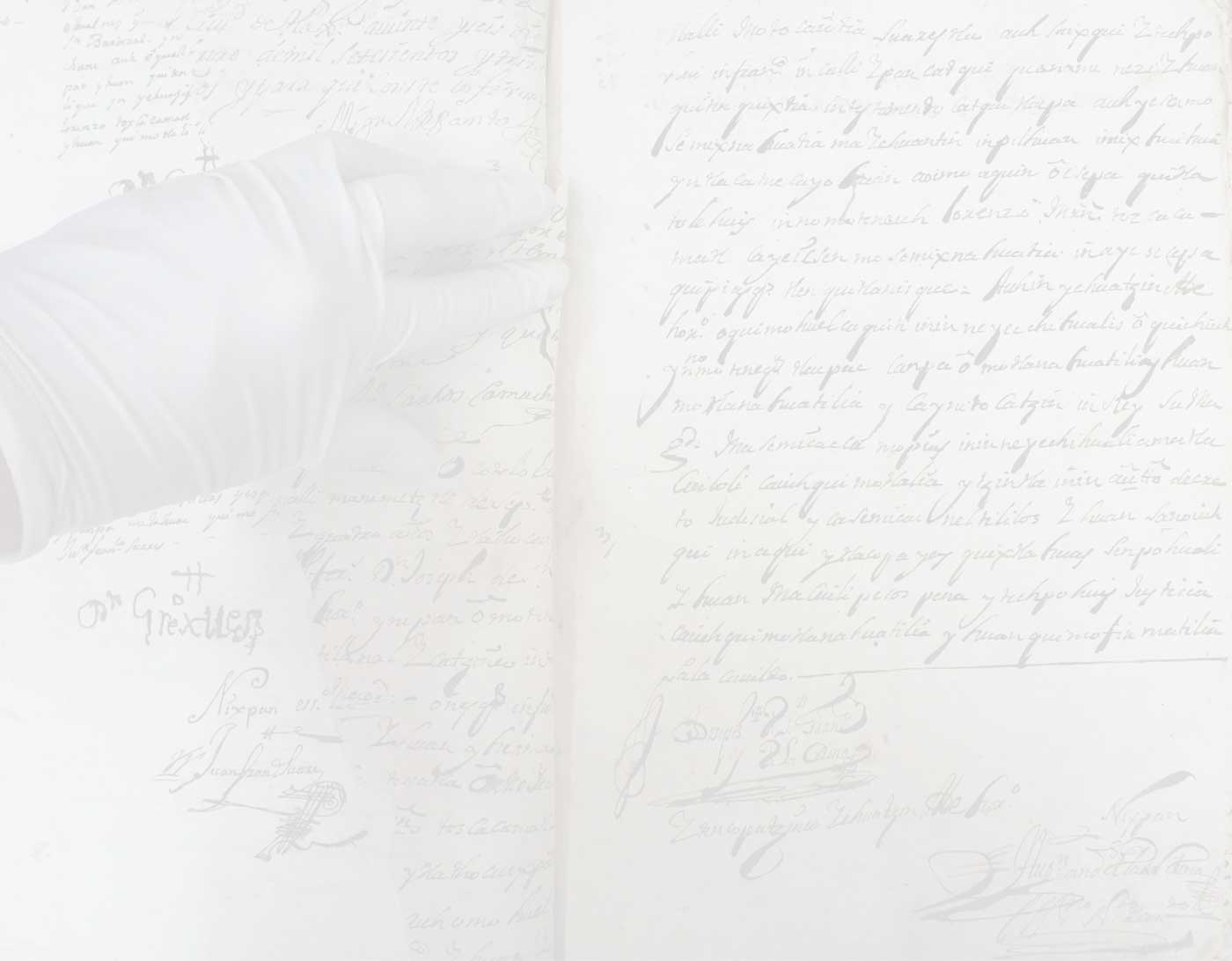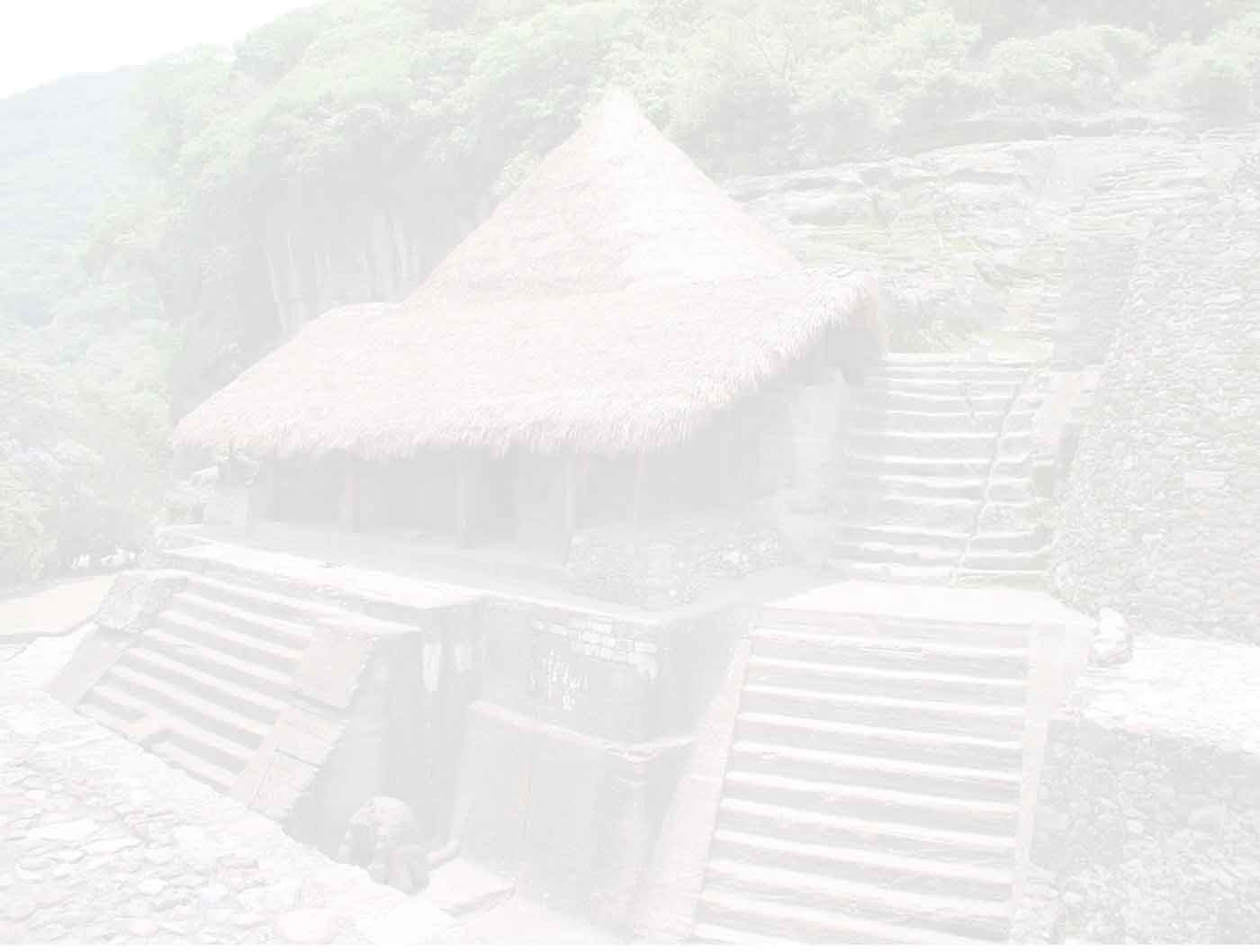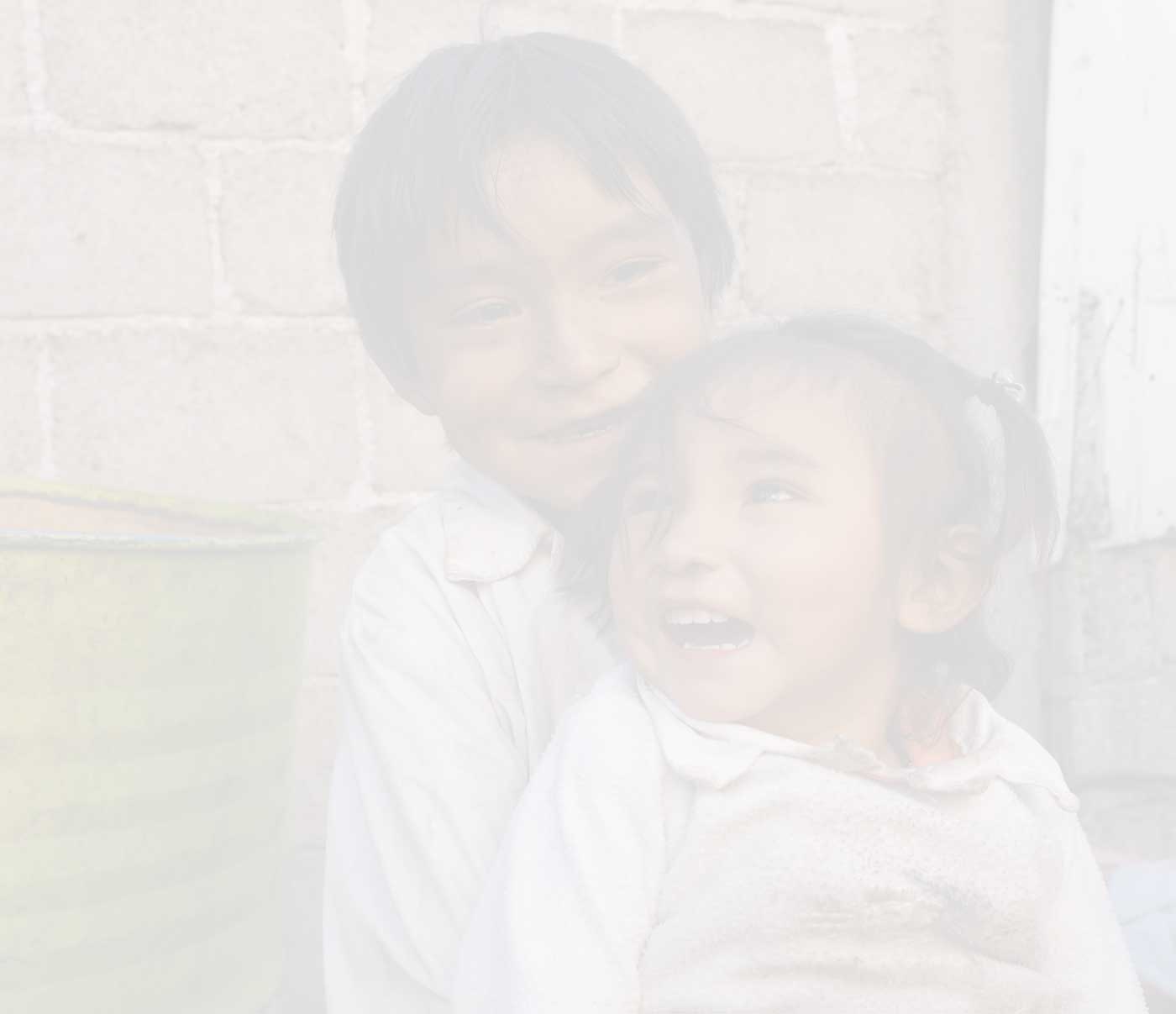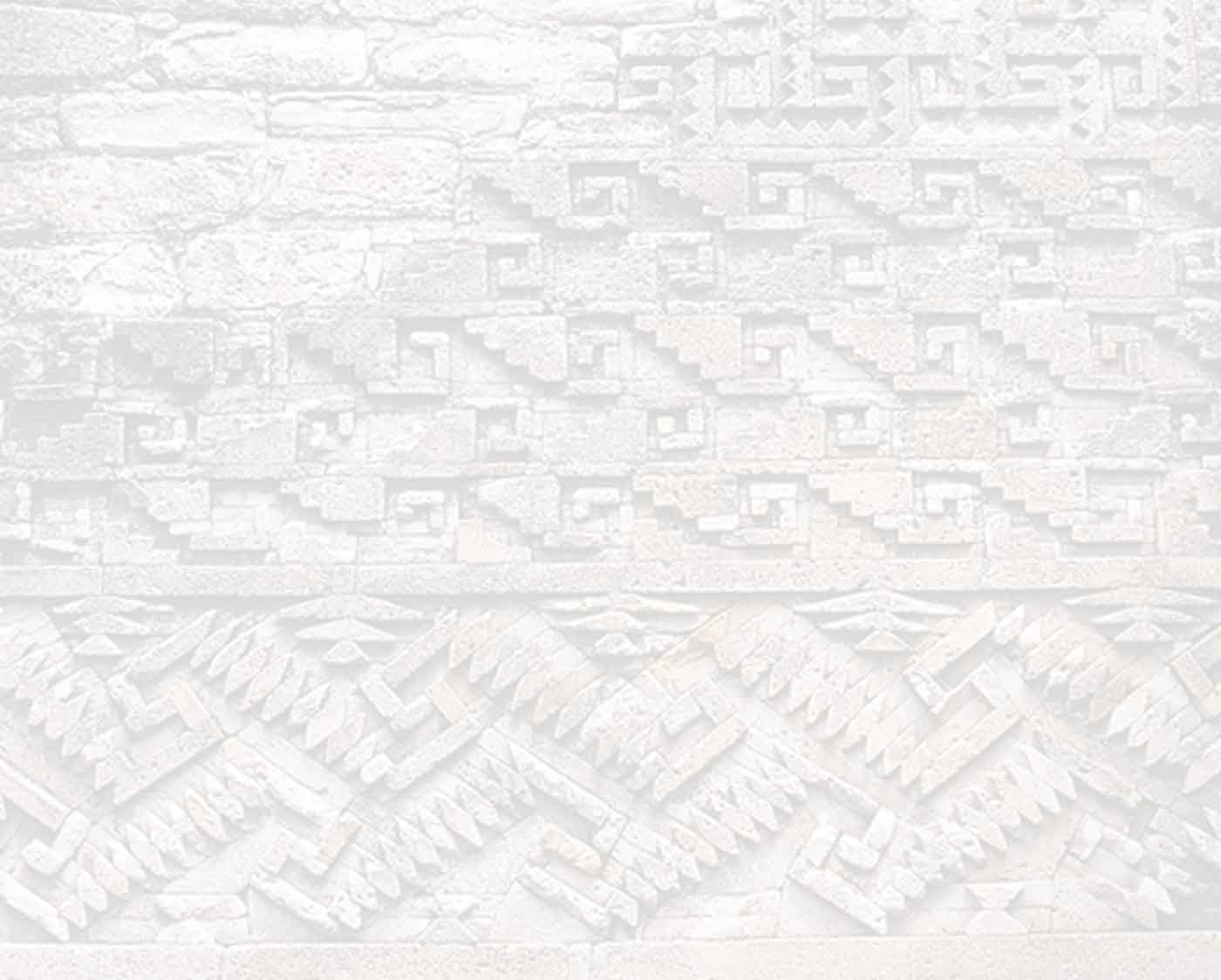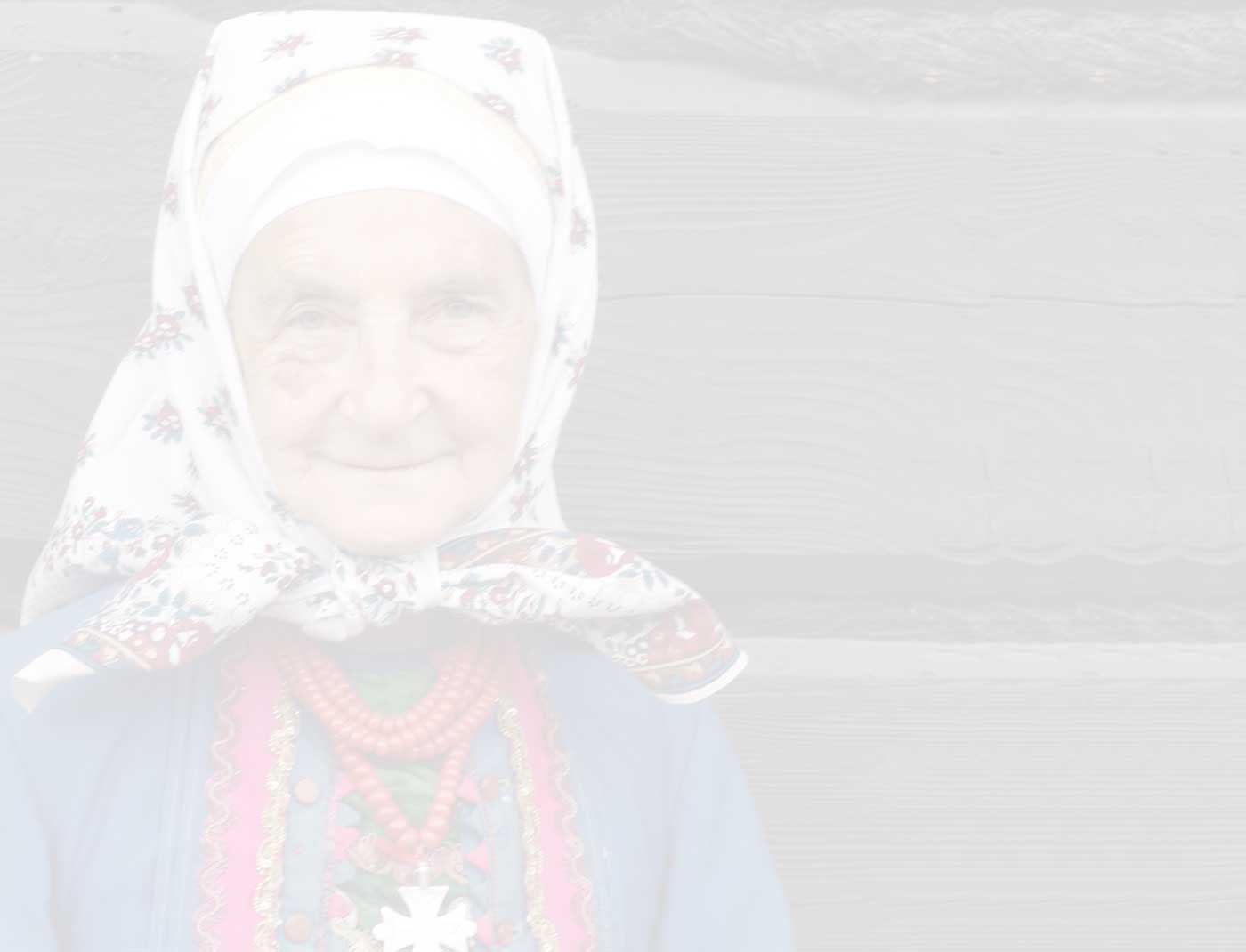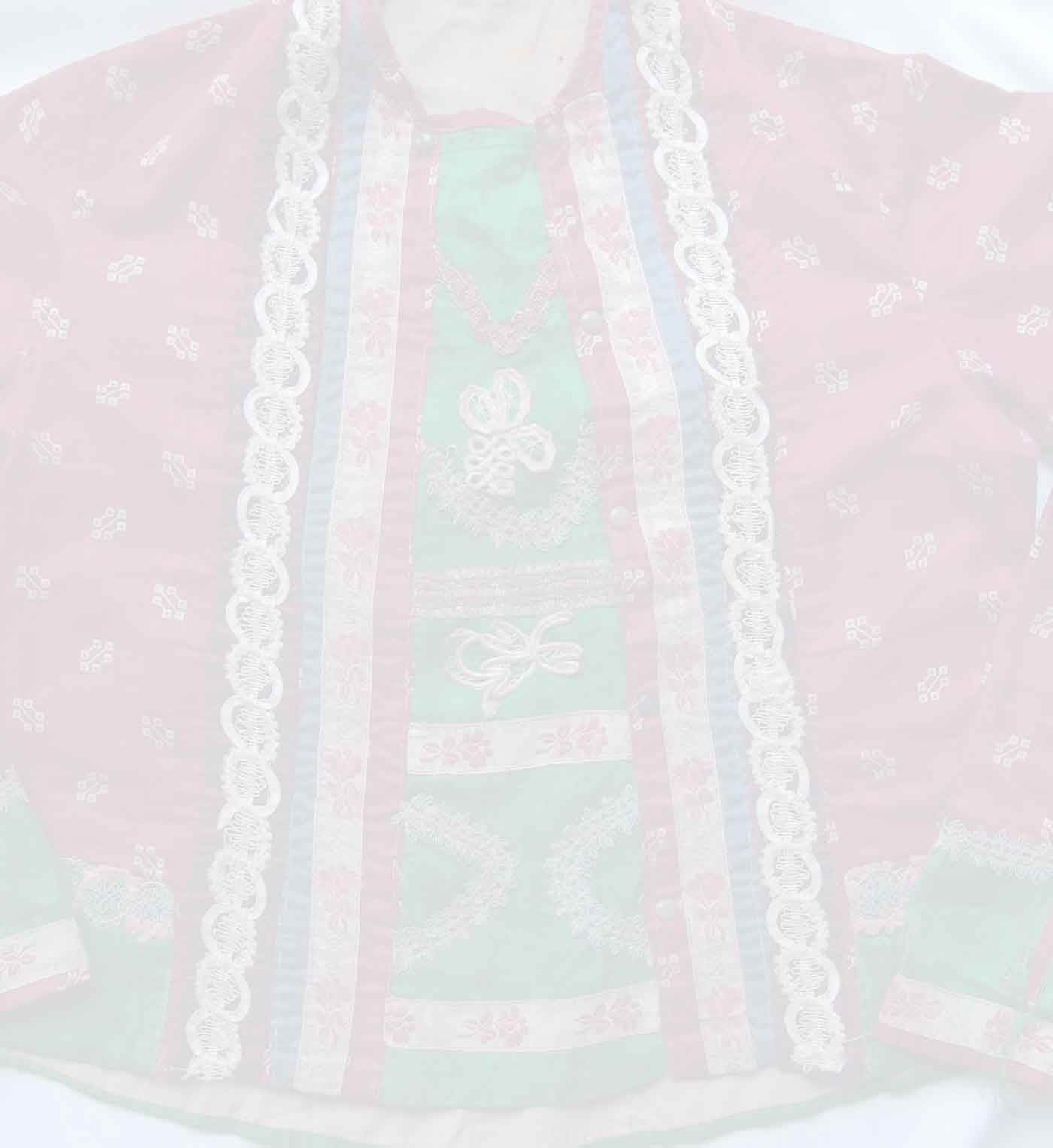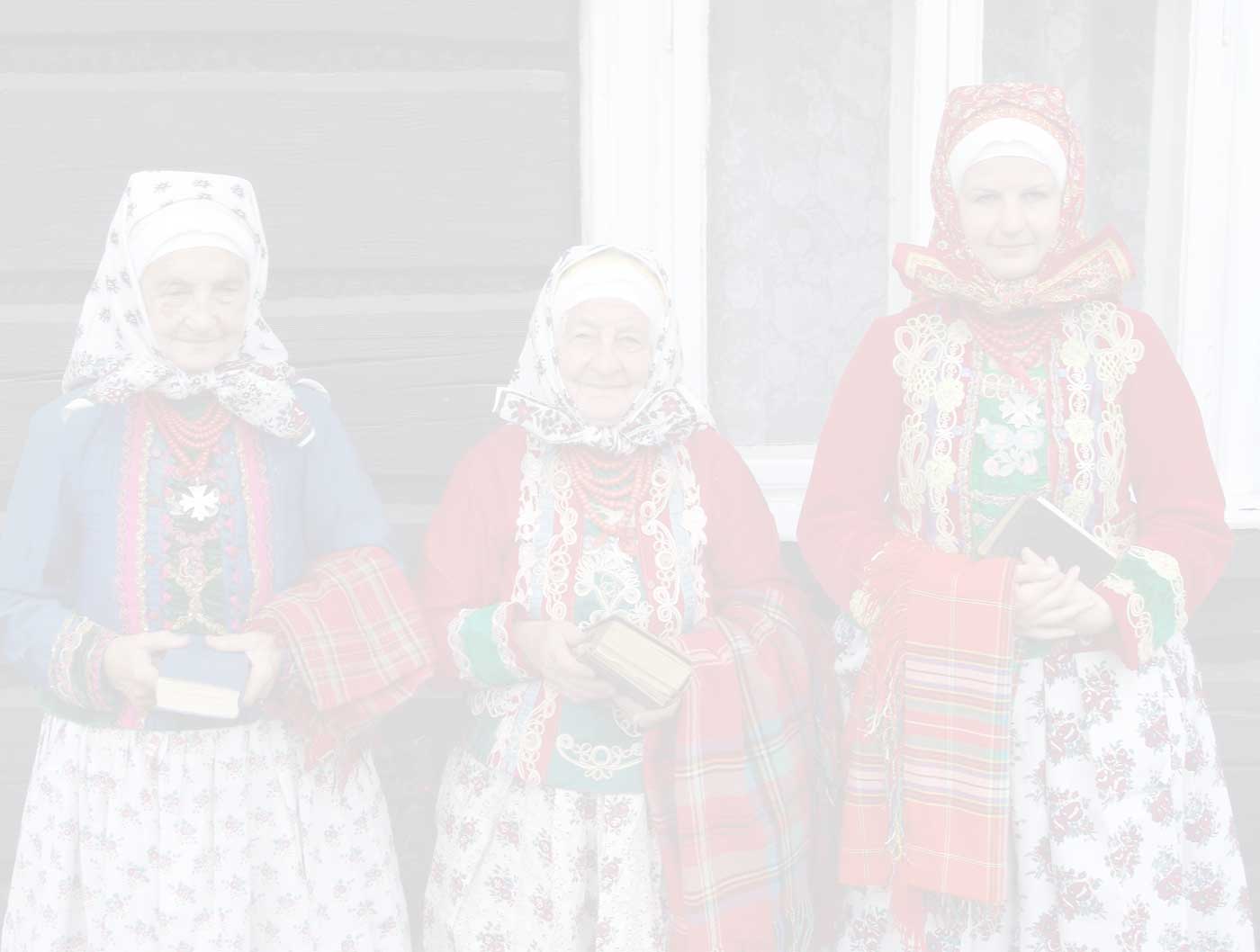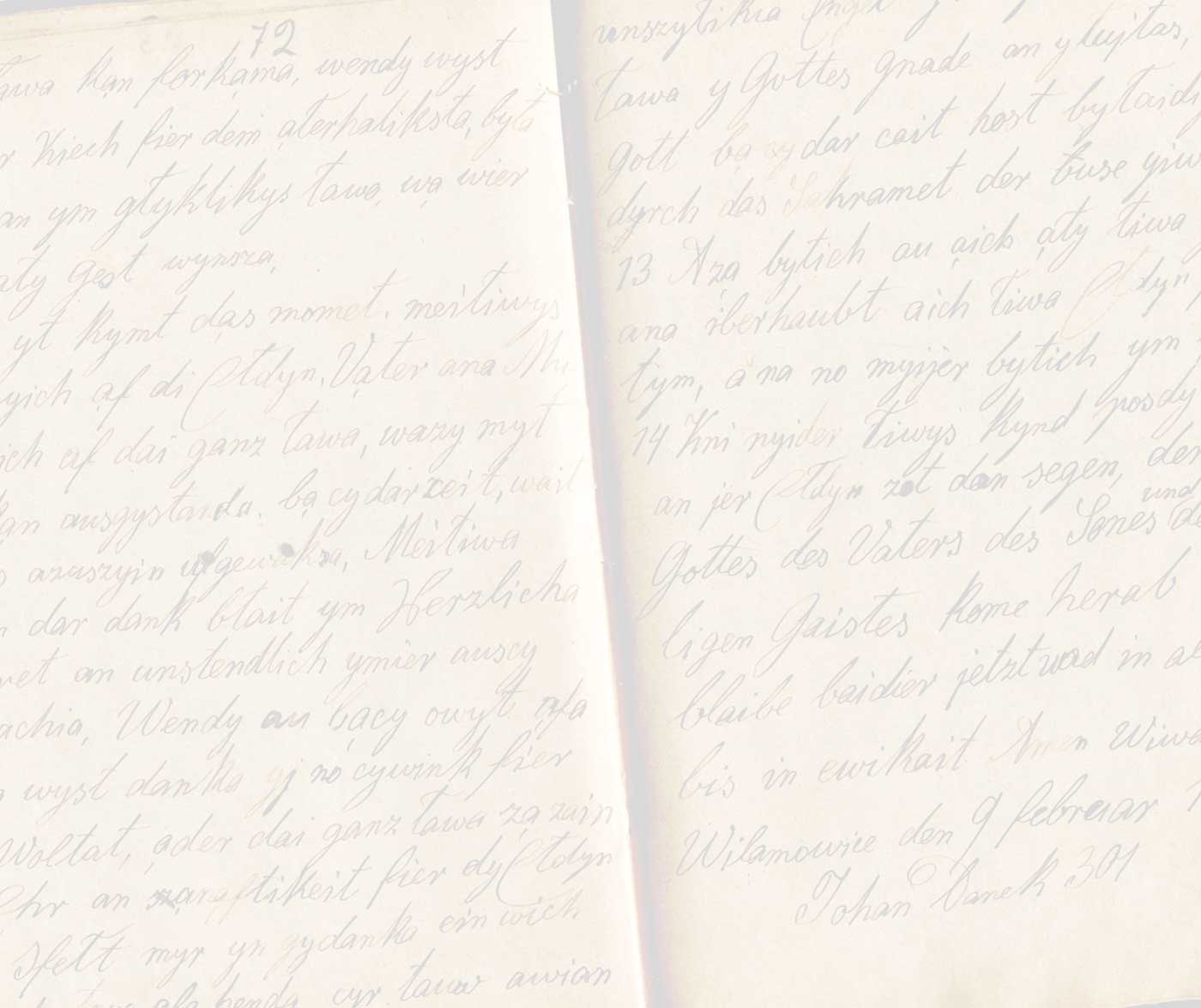The Words of our Ancestors. Nahuatl Document Analysis Workshop (XVI-XVIII Centuries) for Native Speakers in the Mexican National Archives.
The first Nahuatl Document Analysis Workshop (XVI-XVIII Centuries) for Native Speakers was held in the Mexican National Archives from August 19 to 21. Collaborating institutions included the University of Warsaw’s Faculty of “Artes Liberales” and the Zacatecas Institute for Teaching and Research in Ethnology (IDIEZ). Thirty speakers of Nahuatl from diverse communities in Mexico City and the states of Mexico, Puebla, Tlaxcala, Guerero, Oaxaca and Veracruz (twenty-six native speakers and 4 new speakers), took part in the workshop activities, which were conducted entirely in Nahuatl by Dr. John Sullivan and Dr. Justyna Olko.
The participants had the opportunity to personally examine three original manuscripts: a land dispute from the year 1589 in Mexico-Tenochtitlan, a will from 1600 in Ocotelulco (Tlaxcala) and a land sale from from 1745 in San Pedro Calimaya (state of Mexico). They then worked together to transcribe, read and analyze the materials in a setting charged with emotion, because these documents constitute a key component in the formation of the historical identity of these modern heirs to the ancient Nahua culture and tradition. The workshop provided a window to the literature written by their ancestors, the existence of which had been previously unknown to many of the participants.
Additional activities included introductions to the history of Nahuatl and Nahua colonial writing, along with a review of the basic grammar of ancient and modern variants of the language. The workshop was enriched by cultural activities, such as the presentation of three books from the editorial series Totlahtol (University of Warsaw and IDIEZ) by their authors (Gustavo Zapoteco Sideño, Refugio Nava Nava, Eduardo de la Cruz, Beatriz Cuahutle Bautista); and the projection of the video of a play in Nahuatl, originally represented at the University of Warsaw.
The entire workshop was characterized by an intense exchange of ideas among the participants, each of whom spoke his or her own variant and was thus able to appreciate the high level of mutual comprehension shared between them. Everyone enjoyed the opportunity to take part in and enrich shared experiences, as well as to plan joint activities for the future designed to strengthen and revitalize Nahuatl language and culture.